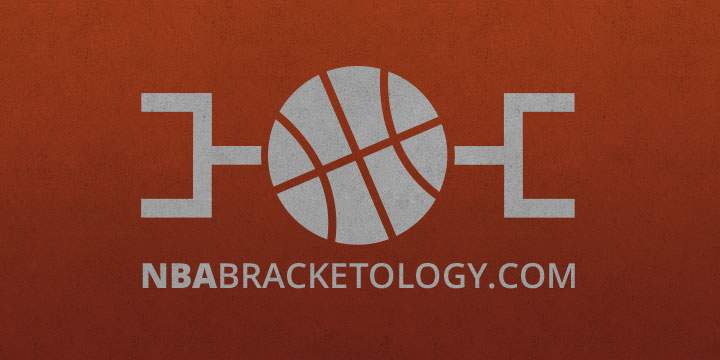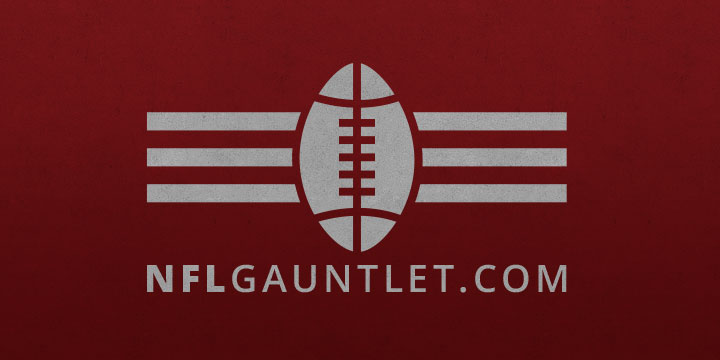When the Denver Broncos reinstated Tim Tebow as their starting quarterback, the forward pass wasn’t the real casualty at Mile High Stadium. Logic itself died that very day.
Stats are awesome, except when they’re not.
Numerous statistics—simple, advanced, and mediocre—show how bad Tim Tebow is supposed to be. He only completes 2% of his passes! His QBR is negative! It’s all about the defense!
And that final argument is the most annoying. It’s often cited that the Denver defense improved in points allowed by a touchdown per game after the switch to Tebow. But where is the context? Are those 7 points evaporating because of truly better defense? Less possessions? Better fumble recovery luck?
Conveniently, Football Outsiders’ DVOA considers all of those factors and more, and their rankings have the Denver defense improving after the switch to Tebow… not at all, remaining 19th in defense DVOA. They blame Tebow’s positive impact on the running game for the 1-4 Broncos embarking on a 5-1 streak after benching the starting quarterback and trading the #1 receiver. And his luck in close games.
Clutch QBs don’t exist
Anyone who’s witnessed Andy Reid’s two-minute drill knows that some teams are more—and much, much less—clutch than others. To argue that no teams have an advantage late in games is preposterous to fans who’ve watched their team hand Peyton Manning the ball with 2:00 left in a game.
Tebow’s career isn’t long enough to be statistically significant, but his ESPN QBR quadruples from 17 to 68 in the fourth quarter. Perhaps this luck will run out, but for now there’s some evidence of clutchness.
This doesn’t have to involve some mystical combination of intangibles. Perhaps facing a team willing to run the ball 40 times can provide a late game advantage, as ESPN’s Ross Tucker pointed out November 28 on his Football Today podcast. After all, running to wear down the defense was common strategy prior to today’s game where Cam Newton can debut with 400 yards and the 2010 Rams went ahead and threw 37 passes per game with a rookie quarterback with a history of shoulder problems.
The #Tebowing Phenomenon
Tebowing has gone too far.
Apparently, Tim Tebow is the first football player to thank God during interviews, on the field, or after games. He’s also the only footballer to pray before games, after scoring, or before important plays. Right?
We’re obsessed with Tim Tebow’s faith. He’s religious, but does that warrant an NFL Network in-game Tebowing montage? Do media personalities need to write jokes about Tebow “converting” them, or a “resurrected defense”?
You know things have gone too far when an internet meme mocking a player’s pose while praying during games is reclaimed as a tribute by a teammate but this perceived as taunting by their opponent and as a result there is a need for examination during the post-game press conference. As the winning kick cleared the posts, Broncos safety Quinton Carter ran on the field and Tebowed—knelt not to pray, but to pose as Tebow does when praying a la the internet meme. This apparently premeditated, momentous act was noticed by Philip Rivers and the media, and of course the public deserved a full analysis.
And Carter’s explanation perfectly summarizes the Tim Tebow story. Over the top coverage, a reference to bad passing, and finally, of course, all Tebow does is, well, you know. Bill Williamson reports at ESPN’s NFL Nation blog:
“I told everyone I was going to [do the Tebow] late in overtime, I knew Tebow was going to win for us,” Carter said. “Philip Rivers gave me a little look when I did it, but that’s OK … I wanted to celebrate for our quarterback. We’re riding with him and he’s riding with us. Who cares about his throwing motion or a hitch or whatever. We are winning with him.”
Emphasis, and video, added.



Great article!
thanks!